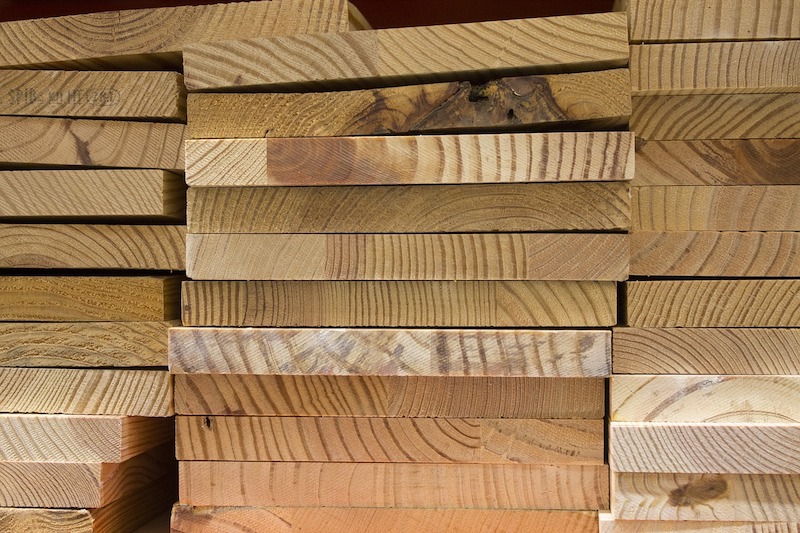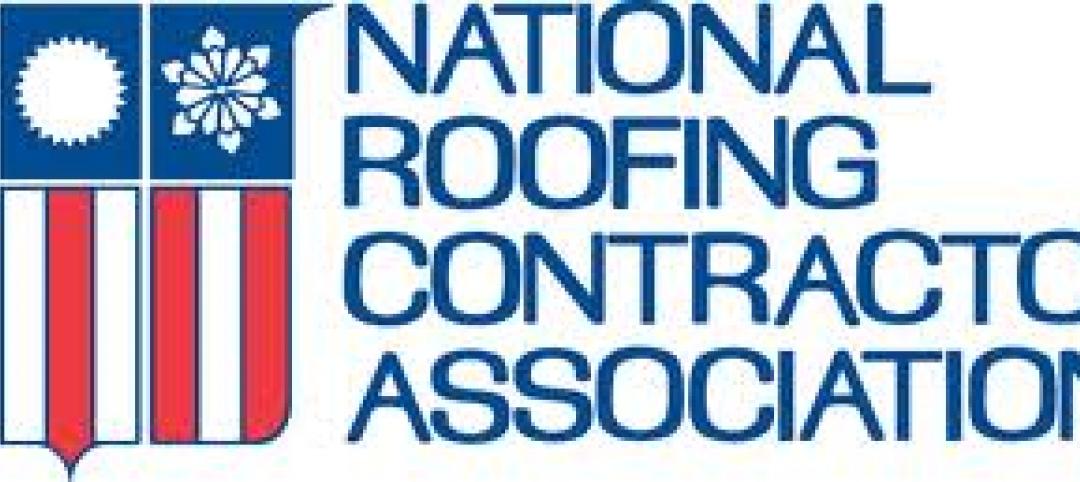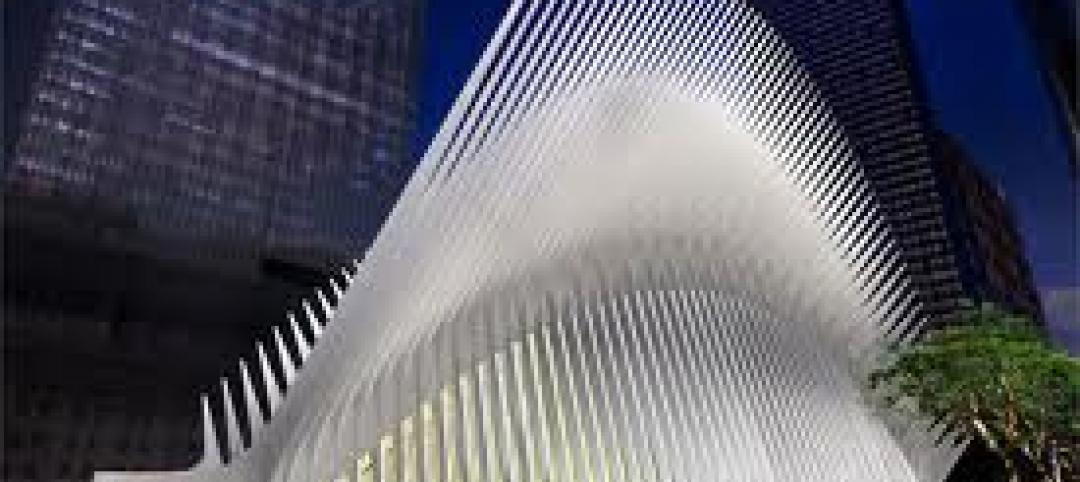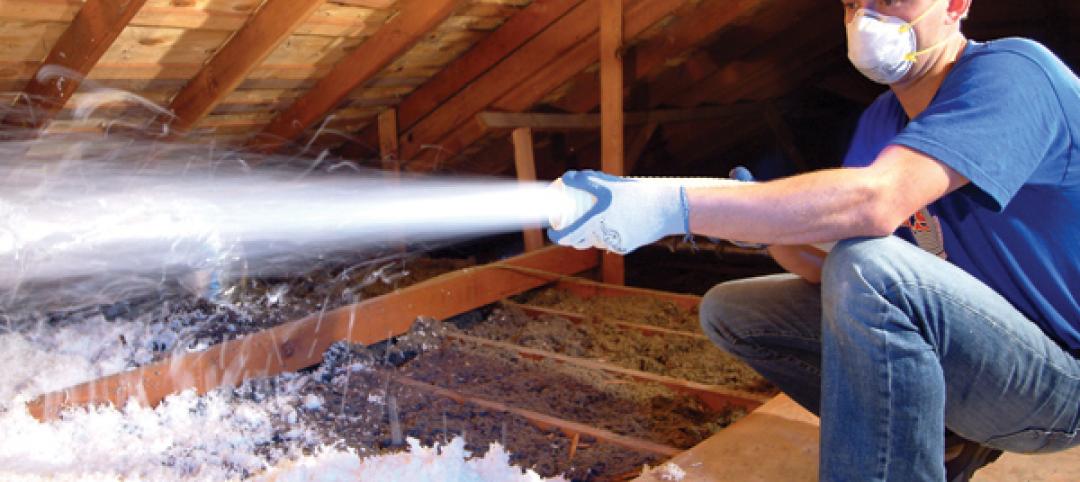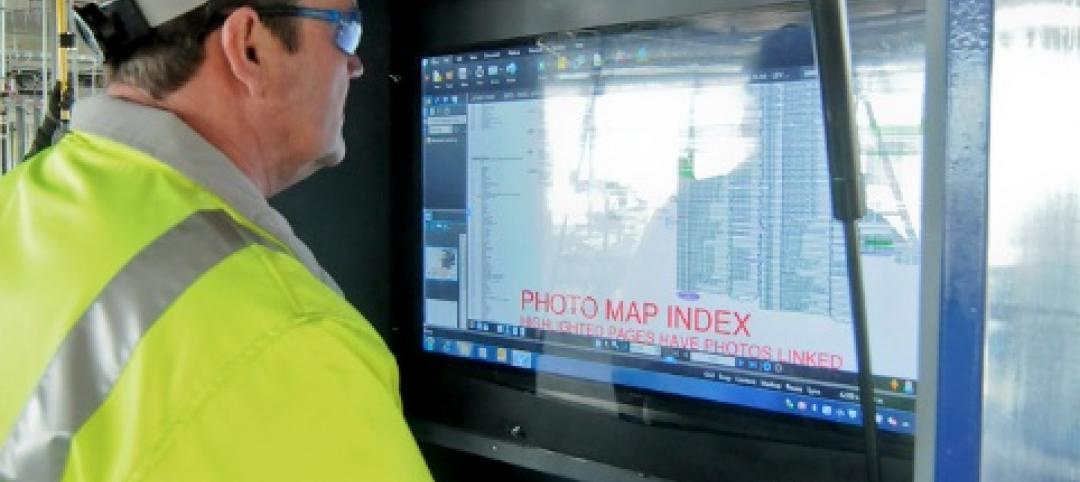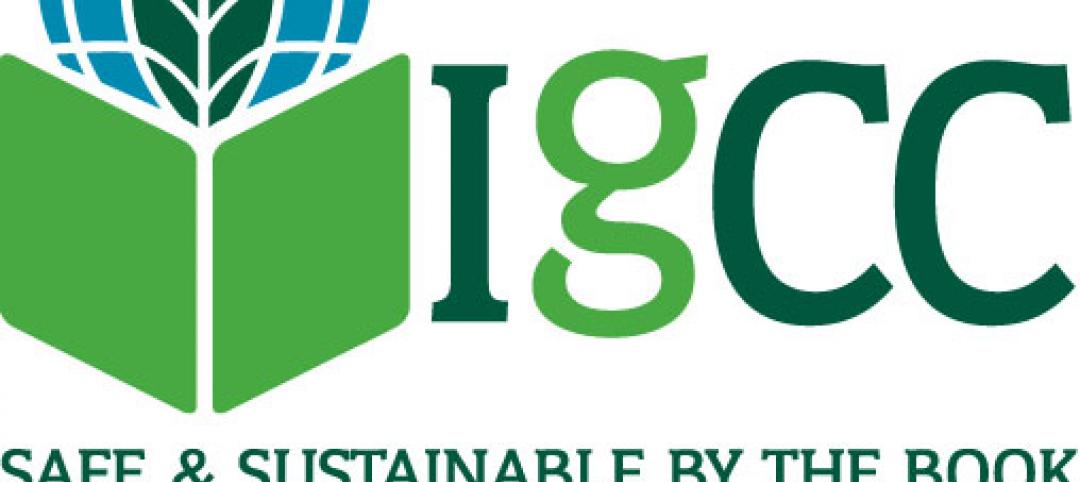Cross-laminated timber, or CLT, is touted as a more sustainable option for building construction than concrete and steel. But is it really? The answer is complicated.
CLT is intended to replace concrete and steel whose production accounts for about 13% of global carbon dioxide emissions. Wood in CLT panels pulled CO2 from the atmosphere, and that carbon should remain locked up as long as the building stands.
Some forest scientists, climate modelers, and materials experts question how much of an environmental net gain results from using CLT to replace concrete and steel. Part of the concern relates to choices the lumber industry makes in forestry practices and manufacturing.
Lots of carbon gets dumped into the atmosphere when logs are transformed into CLT, they say. Sawmills and CLT plants typically burn bark, sawdust, and other wood wastes for heat, releasing carbon. Piles of branches, treetops, and smaller trees left behind after a harvest are often burned or left to decompose—releasing carbon into the atmosphere.
When it comes to combating global climate change, the mantra of “wood is good” may be simplistic.
Related Stories
| Dec 29, 2011
OSHA enforcing new fall hazard standards
OSHA is enforcing its new fall protection standards, as evidenced by a recent crackdown in New York.
| Dec 29, 2011
NRCA offers program on new fall-protection requirements
The National Roofing Contractors Association's (NRCA's) program "Roofing Industry Fall Protection from A to Z" will be held Feb. 21 during the organization's 125th Annual Convention.
| Dec 29, 2011
Decision not to fireproof the new World Trade Center Transportation Hub criticized
Some criticized the decision, reasoning that the structure could be a terrorist target.
| Dec 29, 2011
Seismic safety in question at thousands of California public schools
California regulators responsible for enforcing earthquake safety laws have failed to certify more than 16,000 construction projects in California public schools, increasing the risk that some projects may be unsafe, according to a state audit report.
| Dec 29, 2011
GreenWizard offers cloud-based LEED credit management, assessment
The company recently began offering companies the ability to run assessments for design credits, in addition to traditional product-specific LEED credits.
| Dec 22, 2011
Federal home weatherization program has impacted 6.8 million homes
More than 6.8 million homes have been weatherized using federal, state, utility, and other funds under the American Recovery and Reinvestment Act.
| Dec 22, 2011
Group developing BIM data standards
A collaboration among Georgia Tech’s Digital Building Lab, the Precast Concrete Institute, the American Concrete Institute, and the American Institute of Steel Construction aims to develop global standards for transportation of three-dimensional digital models among fabricator, architecture, engineering, and construction groups.
| Dec 22, 2011
New green code spells out thermal requirement for roof retrofits
The 2012 International Green Construction Code (IgCC) includes a straightforward approach to minimum thermal requirements for roof and wall systems.
| Dec 22, 2011
AGC’s safety conference Jan. 11-13 in San Antonio
The Associated General Contractors of America’s national meeting for safety and health professionals will take place Jan. 11-13, 2012 in San Antonio, TX.
| Dec 22, 2011
Proposed New York City zoning revamp encourages rooftop solar and wind energy
New zoning regulation proposals to make it easier for building owners in New York City to make their structures more sustainable have entered the public approval process.


